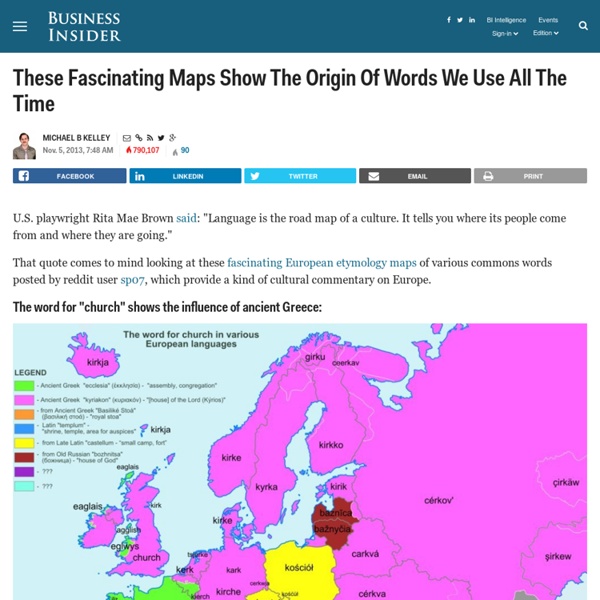Etymologically Speaking...
From the old Arabic word "hashshshin," which meant, "someone who is addicted to hash," that is, marijuana. Originally refered to a group of warriors who would smoke up before battle. Aaron White adds: You may want to explore the fact that the hashshshins were somewhat of a voodoo-ized grand conspiracy scapegoat cult (the very fact of their existence is impossible to confirm). They supposedly were a secret society (a la the FreeMasons) which was influential in every middle eastern court from Persia to Bangladesh. They were supposedly a brotherhood of assasins, devoted to their caballa and its secrecy, protected by an unlimited number of fanatical followers and unlimited material wealth. Assassination was their favorite method of instituting their power (see the Zoroastrian lore of the eunich priest Arachmenes and his assistance to Darius and Xerxes in their rise to/fall from power). R.
Dicionário Priberam da Língua Portuguesa
Dicionário Priberam da Língua Portuguesa Este site utiliza cookies. Ao continuar no site está a consentir a sua utilização. Saiba mais... Definições Acordo Ortográfico de 1990 Variedade do Português Balões informativos Em qualquer momento pode alterar esta configuração clicando no botão à direita da caixa de pesquisa. Importante: as definições acima são guardadas em cookies. Página principal pub O Ano em Palavras "O Ano em Palavras" apresenta algumas das palavras mais pesquisadas ao longo do ano no Dicionário Priberam da Língua Portuguesa que reflectemrefletemrefletem alguns dos principais acontecimentos portugueses e internacionais. Dúvidas linguísticas Na frase ceámos à lareira que a noite estava fria, qual é a função desempenhada pela palavra que? Agradecia que me informassem qual a palavra correta, prefabricado ou pré-fabricado, e se possível qual a regra para as palavras hifenizadas. Ver todas... Palavra do dia re·mo·ti·var re·mo·ti·var - ConjugarConjugar(re- + motivar) Mais pesquisadas do dia
An etymological dictionary of modern English : Weekley, Ernest, 1865-1954
Publisher: London J. Murray Possible copyright status: NOT_IN_COPYRIGHTLanguage: EnglishCall number: AAN-1034Digitizing sponsor: MSNBook contributor: Robarts - University of TorontoCollection: robarts; toronto Scanfactors: 159 Full catalog record: MARCXML This book has an editable web page on Open Library. Selected metadata
huffingtonpost
Middle School Social Studies
Social Studies Lesson Plans and Resources Dr. Marty Levine, Professor Emeritus of Secondary Education, California State University, Northridge (CSUN), has gathered lesson plans and resources from the Internet which social studies teachers will find useful. Lesson Factory Your source for countless original lesson plans from educators across the country. The Gateway to Educational Materials The Gateway to Educational Material provides the key to one-stop, any-stop access to high quality Internet lesson plans, curriculum units and ... New York Times: Daily Social Studies Lesson Plans Check out this daily online collection of lesson plans provided by the New York Times. History Matters: Digital Blackboard This feature provides successful Web-based assignmentssome we have developed ourselves, others developed by the Library of Congress and the National Archivesas practical models for integrating new media into the classroom.
Getting English words, word lists, word knowledge, vocabulary words, and indexes of science and technology terms with vocabulary quizzes or word tests for learning English vocabulary
Conjugaison de tous les verbes avec Le Conjugueur
Etymological maps
From Valais-German to Walser-German — Willkommen auf WalserAlps
From Valais-German to Walser-German The Alemannic-speaking part The dialects of Valais and the Walser connect the Valais with its colonies that emerged in the 13th and 14th century. Linguistically, they belong to the high-Alemannic language group- belonging to the highest of the southern alpine borders of the Alemannic (Zinsli).The characteristic sounds, the ancient forms and terms of the Walser are mainly to be found in the German-speaking Valais. The reason for this division lies in the Alemannic colonisation of Upper Valais in the 7th century: the upper part of it was populated over the Grimsel whereas the lower part was populated over Sanetsch, Rawil and Gemmi.
Circus Physics | Classroom | Circus
The Big Apple Circus' jugglers, clowns and high-flying acrobats provide an entertaining and engaging way to introduce basic physics concepts to high school students. Eight videos feature footage from the series and interviews with the performers to illustrate the laws of physics at work. For deeper exploration, each video has a corresponding Study Guide for students and an Activity Guide for teachers, as well as raw video clips of performances which can be used for analysis in the classroom. Circus Physics Videos and Study Guides These eight short videos use circus performers and footage to introduce basic physics concepts to anyone interested in physics, as well as high school students.
The Tower of Babel
<< Home Page The Tower of Babel An International Etymological Database Project Participants (so far): The Russian State University of the Humanities (Center of Comparative Linguistics) The Moscow Jewish University The Russian Academy of Sciences (Dept. of History and Philology) The Santa Fe Institute (New Mexico, USA) The City University of Hong Kong The Leiden University The main goal of the project is to join efforts in the research of long range connections between established linguistic families of the world. Every person or organization interested in this noble task is invited to join.
Conjuga-me - Conjugação de verbos regulares e irregulares
Brill Online Dictionaries



